The death toll from flooding caused by one of the strongest typhoons this year in the central Philippines has risen to at least 114, authorities said on Thursday.
Typhoon Kalmaegi has flooded entire towns on Cebu, the region’s most populous…
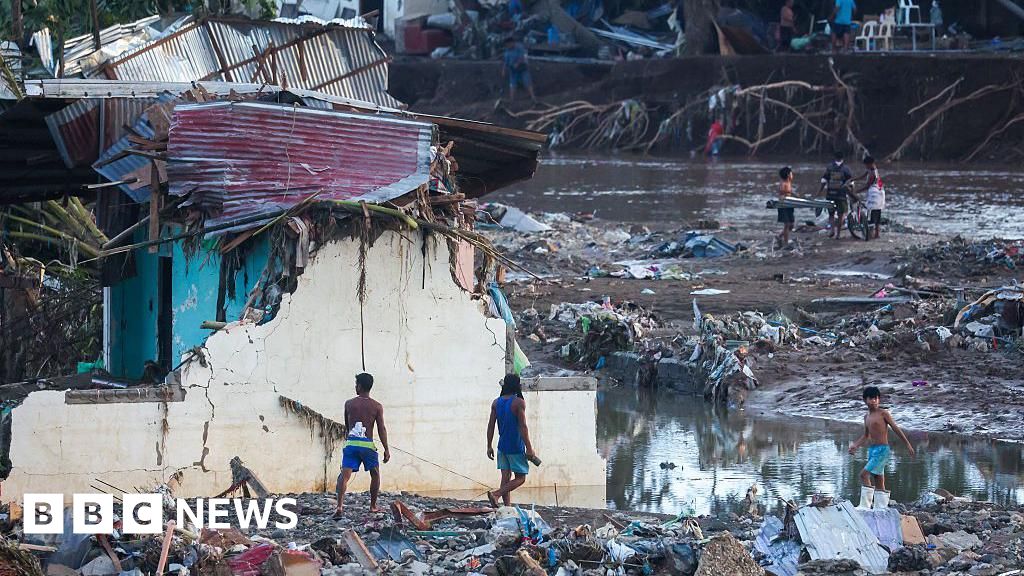
The death toll from flooding caused by one of the strongest typhoons this year in the central Philippines has risen to at least 114, authorities said on Thursday.
Typhoon Kalmaegi has flooded entire towns on Cebu, the region’s most populous…

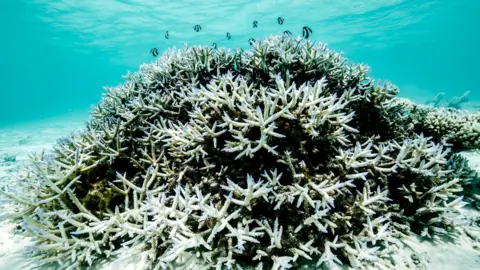 Peter Mumby
Peter MumbyThe Great Barrier Reef is headed for a “grim future” and will suffer a “rapid coral decline” by 2050 but parts may recover if global warming is kept below 2C, a…
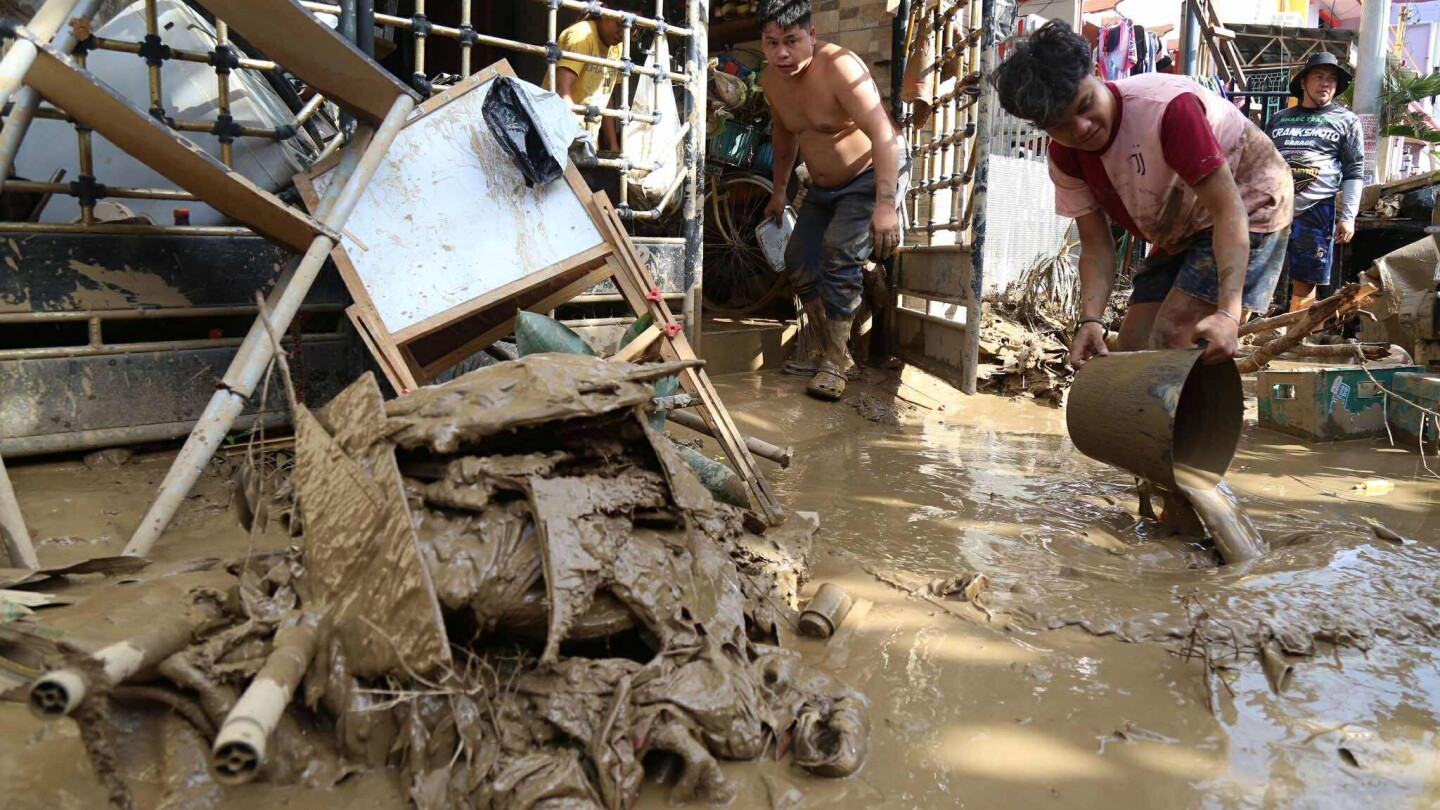
MANILA, Philippines (AP) — Philippine officials said Thursday the death toll from widespread flooding and devastation caused by Typhoon Kalmaegi in the country’s central region has risen to at least…
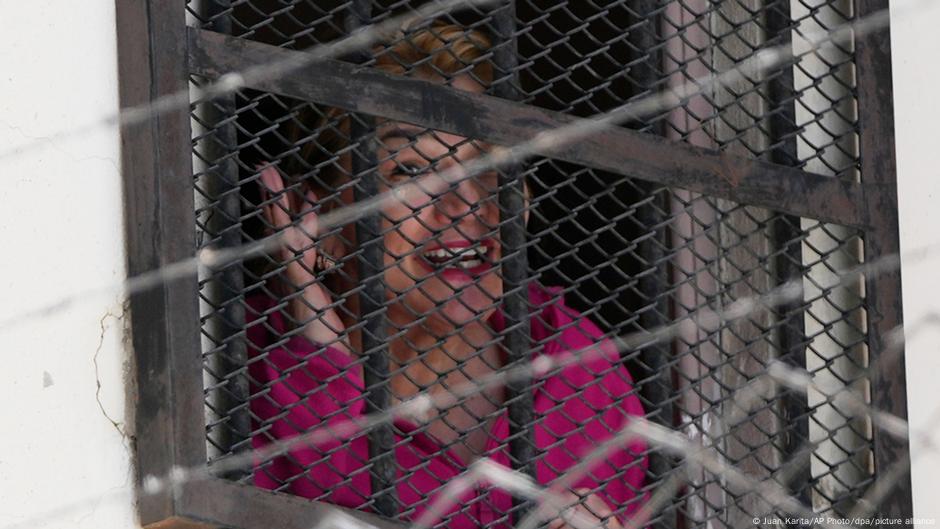
The Bolivian Supreme Court of Justice on Wednesday annulled the 10-year prison sentence handed down to former interim President Jeanine Anez in 2022 and ordered her immediate release.
According to the newspaper La Razon, the court’s president,…


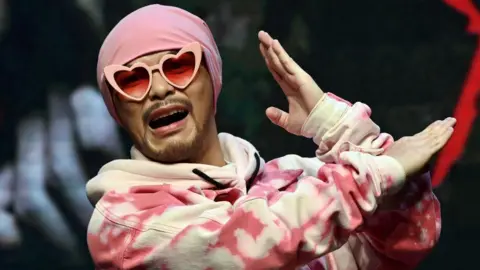 Getty Images
Getty ImagesControversial Malaysian rapper Namewee has been remanded in custody in connection with the death of a Taiwanese influencer found dead in a…

Several contestants have walked out of a Miss Universe event after an official from host nation Thailand publicly berated Miss Mexico in a tense confrontation.
At a pre-pageant ceremony, Miss Universe Thailand director Nawat Itsaragrisil told off…